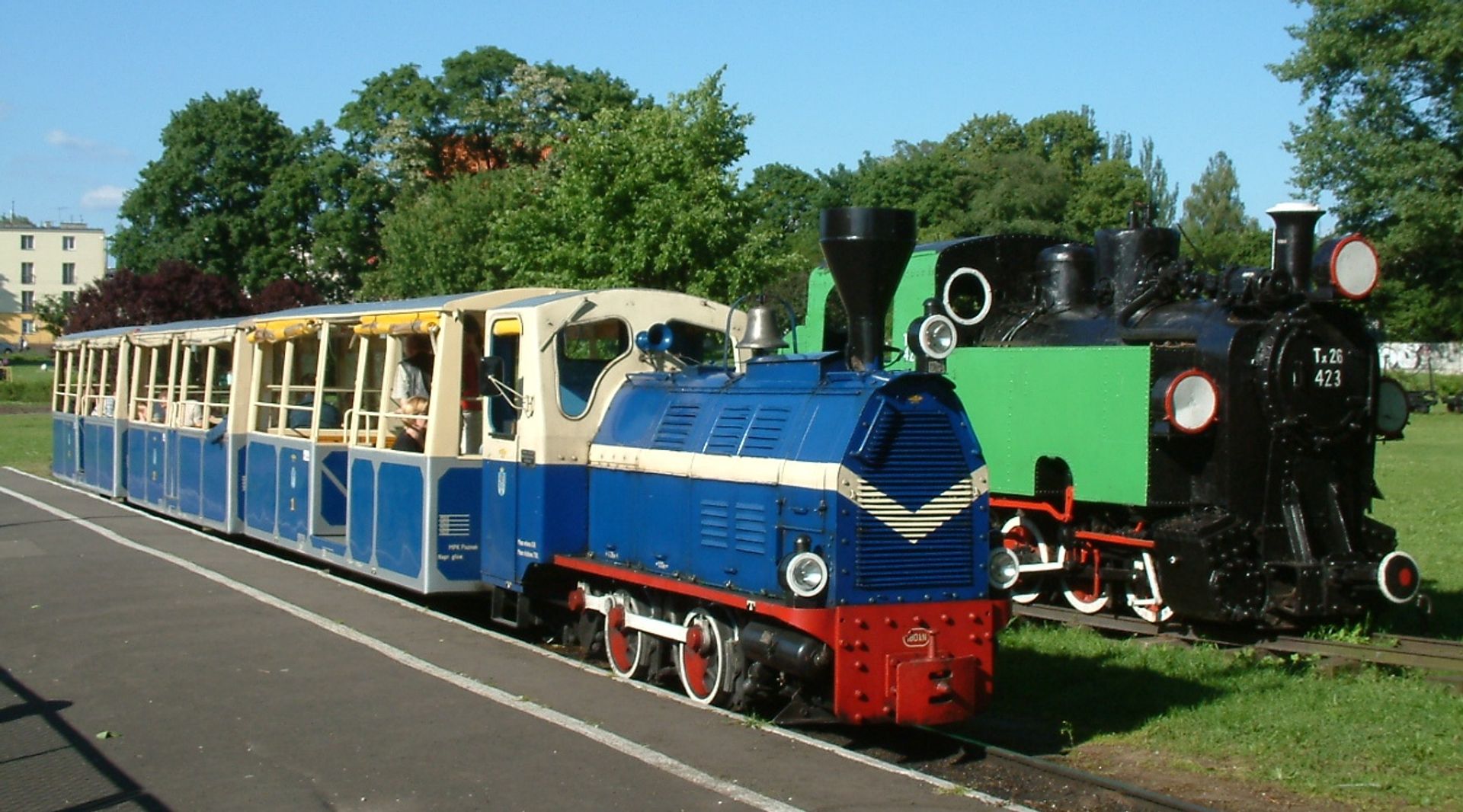Poznań Municipal Transport Company
6.46

Overview
Miejskie Przedsiębiorstwo Komunikacyjne w Poznaniu Sp. z o.o. (MPK Poznań) was established in 2000, with roots dating back to 1880 when the first horse-drawn tram line was opened. Over the years, the public transport system in Poznań has evolved, transforming into a modern tram and bus network. Architecturally, it is significant that trams in Poznań have always played a key role in the urban landscape, and their development has contributed to the city’s urban transformation, especially during the interwar period and after World War II, when new tram routes and buses reached new city districts. Since the 1960s, the bus network has experienced dynamic growth, and the discontinuation of trolleybus lines made buses the dominant mode of transport in the city. In 1993, time-based tickets were introduced, modernizing the fare system, and in the 21st century, MPK continued to upgrade its fleet by introducing low-floor trams and modern buses. An interesting fact is that at the peak of its operations, MPK offered unique services, such as ticket vending machines on trams, which were introduced in 1962 as a novelty in the country. Another key milestone was the opening of the Poznań Fast Tram and the introduction of surveillance in vehicles, significantly enhancing passenger safety. Over the years, MPK underwent a series of structural changes, and in 2008, the responsibility for organizing transport was handed over to the newly established Zarząd Transportu Miejskiego (ZTM). Today, MPK Poznań not only operates tram and bus services but also narrow-gauge railways, enriching the region’s transport offerings. This attracts both tourists and residents, making it an important part of the city’s infrastructure. Additionally, tram depots are being converted into museums, blending architecture with the history of urban transport and offering visitors a unique insight into the development of local transportation.
Location
Tickets
Powered by GetYourGuide
2025 Wizytor | All Rights Reserved